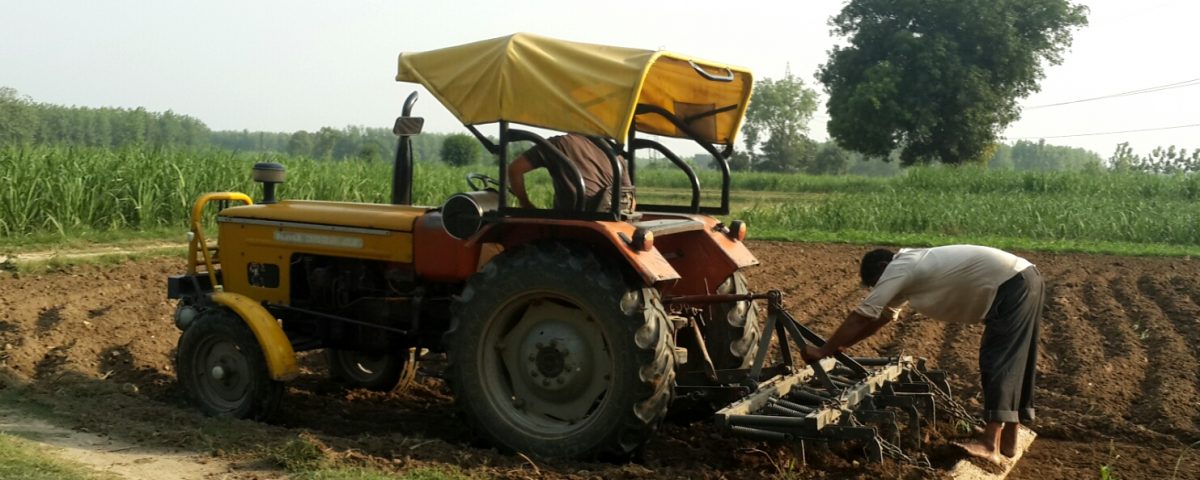Ignoring MSP Guarantee Demand, Govt Increases Farm Loan Limit to tackle Rising Agricultural Costs

ICAR Praises RPCAU Pusa for Advancing Digital Agriculture in Bihar
December 13, 2024
Agri Minister Holds Pre-Budget Consultations with Stakeholders, No Discussion on MSP Guarantee Law Demand
December 17, 202416 Dec 2024, New Delhi | Nirmesh Singh
In a move aimed at addressing the financial challenges faced by farmers, the government has increased the limit for collateral-free agricultural loans, including those for allied activities, as part of efforts to tackle rising agricultural costs. This comes despite ongoing demands from farmers for a Minimum Support Price (MSP) guarantee law, which would assure them an adequate income and the fact that loans and debts have been the main reasons behind farmers suicides.
The Reserve Bank of India (RBI) last week announced a significant rise in the collateral-free loan limit, increasing it from ₹1.6 lakh to ₹2 lakh per borrower. The new limit will come into effect on January 1, 2025, providing farmers with greater access to financial support without the need for collateral.
“The move aims to enhance financial access to farmers, ensuring they have sufficient resources to meet both operational and developmental needs without the burden of providing collateral,” read a statement from the Ministry of Agriculture. The initiative is expected to benefit over 86 percent of farmers, many of whom are small and marginal landholders.
However, critics argue that this step does not address the long-standing demand for an MSP guarantee law, which remains a central issue in the agriculture sector.
In addition to the increased loan limit, banks have been instructed to implement the new guidelines swiftly and ensure that farmers are fully informed about the changes.
According to agriculture ministry, “The policy aims to simplify loan disbursement processes, making it easier for farmers to secure funds through the Kisan Credit Card (KCC) system. These loans will help farmers invest in agricultural operations and improve their livelihoods”.
“Combined with the Modified Interest Subvention Scheme, offering loans up to ₹3 lakh at a 4% effective interest rate, this policy strengthens financial inclusion, supports the agricultural sector, and fosters credit-driven economic growth, aligning with the government’s long-term vision for sustainable agriculture”, the statement said.
______________________________________________________________________________


